
Reaching for the stars
Saudi astronauts Rayyanah Barnawi and Ali Alqarni make history in giant leap for the kingdom. From earthbound dreamers to cosmic
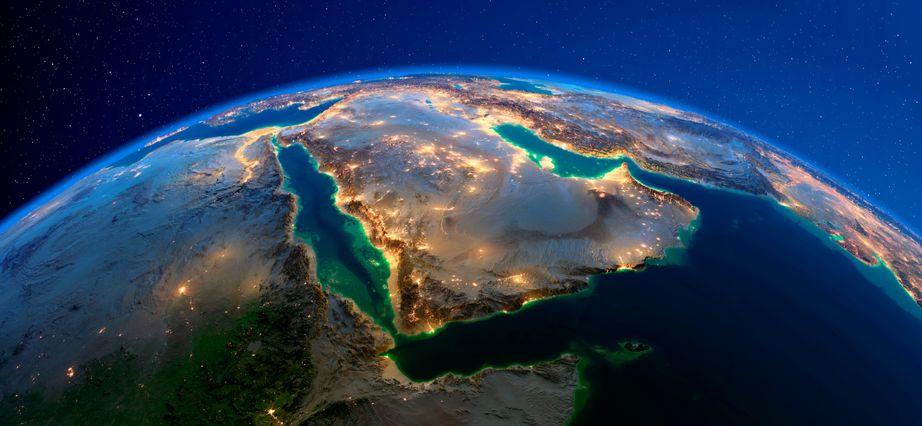
Saudi Arabia is leaving no stone unturned to realize its ambition of becoming a global tech hub.
When it comes to tech hubs of the world today, Silicon Valley’s origins date back to the 1970s, and in terms of the Middle East, Dubai has been building its foundations since the 1990s- but, today, there’s a brazen new contender that has entered this arena, scaling exponentially, and leapfrogging competitors.
Saudi Arabia is set to become the world’s fastest-growing major economy in 2023- and its leap will be propelled by breakneck progress in science and technology across all its sectors.
The Kingdom, which recorded the fastest rate of economic growth among the world’s major economies in 2022, will overtake India this year -the world’s most populous country with a population that’s more than 35 times that of Saudi’s– with gross domestic product (GDP) expected to expand by 7.6%, the fastest growth in almost a decade, according to Saudi’s General Authority for Statistics (GASTAT).
Saudi Arabia’s growth has been driven by an increase in oil activities, helped by a sharp rise in oil prices as well as production power recovery since the recession induced by the COVID-19 crisis in 2020.
Today, the world’s largest crude oil exporter is expected to retain large financial buffers and push forward with ambitious investment programs, the International Monetary Fund (IMF) said in its latest outlook for the Gulf state. The Economist Intelligence Outlook added that the Kingdom will recycle its energy sector windfall and enormous financial war chest more widely in terms of sectors and locations as it pursues economic diversification and influence throughout the Middle East.
The Kingdom has already been pouring hundreds of billions of dollars into Vision 2030, its bold economic diversification program. The ambitious vision, led by HRH Crown Prince Mohammed bin Salman, places technology at the heart of the nation’s plan to move away from a dependency on oil, and transform into a knowledge economy, as well as one of the world’s biggest hubs for science and technology.
On that account, Saudi Arabia’s government spending on technology is the highest globally, valued at around US$24.7 billion by 2025, and accounting for 21.7% of national spending. In addition, Saudi Arabia launched investments worth $6.4 billion in future technologies last year.
“Perhaps one of the biggest misconceptions about Saudi Arabia is that it is nothing but an oil-rich country with no other industry or economic development to speak of, but in reality, that couldn’t be further from the truth,” said Majid Jan, CIO of Petromin Corporation, a leading multi-national organization in the Kingdom and a subsidiary of the Al-Dabbagh Group family business conglomerate founded in 1962 by H.E. Abdullah Mohammed Ali Al-Dabbagh, who was once Saudi Arabia’s Minister of Agriculture. “We have seen tremendous growth in our non-oil sectors over the past decade, including technology, renewable energy, construction, manufacturing, tourism and hospitality.”
According to the GASTAT, non-oil activities in Saudi in 2022 grew by 6% year-on-year.
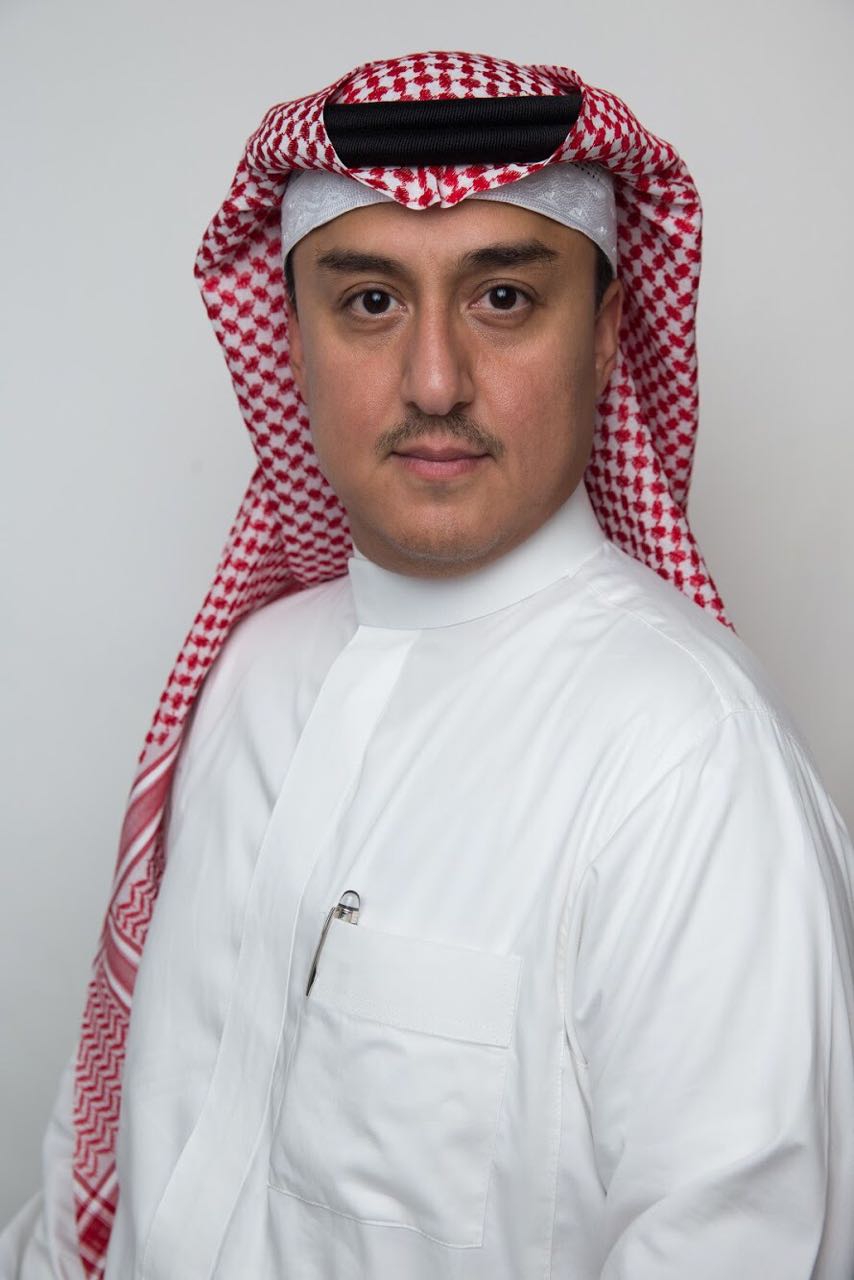
“Another lapse in perception would be that we are an immature economy with unsupportive policies for corporate growth,” Jan added, underlining that Saudi Arabia is home to some of the world’s most successful companies including state oil giant Aramco, the largest public company in the world, and SABIC, one of the top petrochemical producers around the globe.
“In contrast, the Kingdom boasts a strong currency, low inflation rate, high GDP per capita, and robust financial institutions that support foreign investments through generous tax incentives,” Jan continued. “One of the greatest advantages of investing in Saudi Arabia is that you can be sure that your money will be safe due to strict government regulations.”
Saudi Arabia carried out a record number of business reforms in the past years, which earned the country a spot in the top 10 global business climate improvers in the World Bank Group’s Doing Business 2020 report.
Jan noted that the Saudi government has collaborated with leading global players to set high standards for businesses operating in the Kingdom by developing state-of-the-art digital infrastructure, including providing the latest digital data storage solutions with optimal protection and security.
“This is rapidly progressing to enhance the Kingdom’s ability to provide cloud computing services to global companies, and locally mature consumer and enterprise services, which span over cloud services, cyber security, fintech and e-commerce sectors,” Jan said. “With the influx of foreign investments and modern technological resources, we are primed to become a leader in the global tech industry in the near future. These investments include developing research and data centers enabling entrepreneurship from major players including Amazon, Oracle, Google, SoftBank, and Microsoft.”
Notable investments also include the setup of Electronic World Trading Platform Arabia (eWTPA) Capital, a $400 million fund backed by Saudi Arabia’s Public Investment Fund (PIF) to build a digital ecosystem in the Middle East and North Africa (MENA) region by partnering with global giant Alibaba and other leading Chinese businesses, by providing a gateway to establish their presence in the region.
“We have a newfound belief that ‘data is the oil of 21st century,’ which has been reinstated by the Saudi Data and AI Authority (SDAIA) in their drive to position the Kingdom as a global leader in the elite league of data-driven economies,” Jan said. “At Petromin, my vision is to facilitate our holistic mobility solutions with the latest technologies to streamline the customer journeys of tomorrow. Our Digital Control Tower will build state-of-the-art, business-intelligence-based dashboards and reporting platforms. These will primarily promote ease of decision-making, which is absolutely important to pivot as an enterprise. Data is the future, and without the right repositories, we have no other shoulder to depend on. We have also successfully deployed robotic process automation projects within our enterprise, which have exhibited a commendable 200% efficiency and productivity improvement. For example, an invoice that took seven or eight minutes to process, now takes a total of two minutes, and with dramatically decreased human hours and chances of errors.”
In 2021, Saudi’s Ministry of Communication and Information Technology (MCIT) announced the launch of a $15 billion public-private partnership fund to boost investment in the country’s ICT infrastructure. Approximately $4 billion has already been invested in digital infrastructure, focusing on industrialized internet of things (IoT), artificial intelligence (AI), cloud computing, and data centers.
The Kingdom has also announced plans to improve its 5G services by providing an additional 23-GHz spectrum. A study conducted in 2020 found that the Saudi 5G network was the fastest globally in terms of average download speed. The government has also developed the underlying infrastructure that supports the development of innovative concepts in the finance sector, Abdulaziz Al-Dahmash, Managing Director for KSA at the digital payments major Network International, pointed out.
“Notable mentions include Saudi’s local debit scheme, Saudi National Card Payment Network (MADA), which is a remarkable initiative by the government,” he said. “The delivery of the instant payment system called Saudi Arabian Riyal Interbank Express (SARIE) system is also one of the first movers for the Kingdom. Another part of the payments infrastructure includes the national electronic bill payment system SADAD, established by the Saudi Arabian Monetary Agency (SAMA), now known as the Saudi Central Bank, which has successfully accommodated all government payments to be electronic. Currently, nearly 95% of government services can be completed digitally without the need for a single visit to any government authority. Also, all government payments can be conducted digitally.”
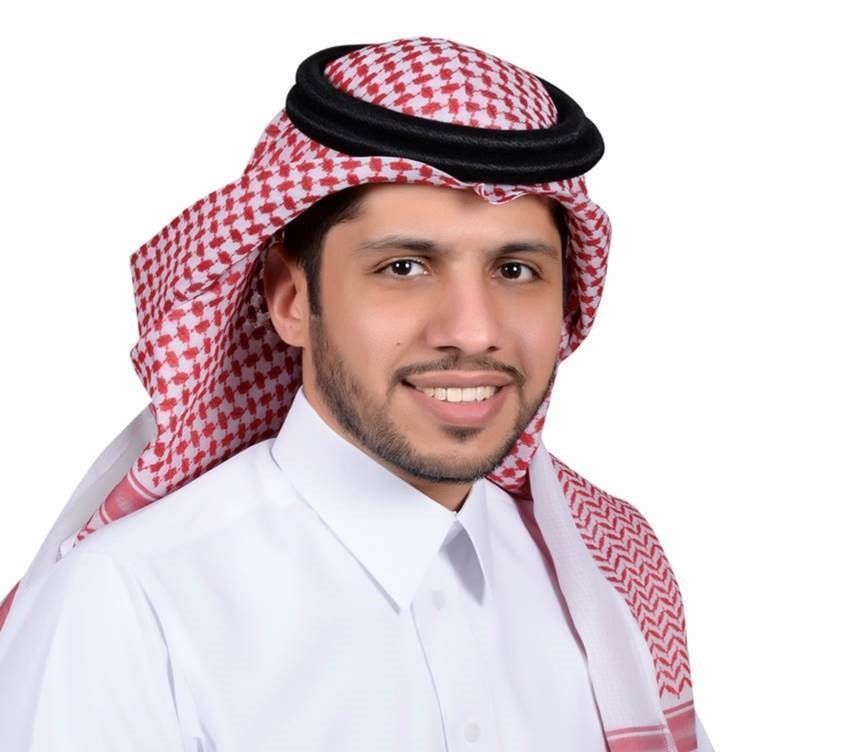
Network International, which is listed on the London Stock Exchange, entered the thriving Saudi market in 2022 with an initial $10 million investment and plans to generate close to $50 million annually in revenues. “As one of the first movers in the KSA market, Network International has obtained Central Bank approval to introduce innovative payment acceptance,” Al-Dahmash said. “We are bringing new business models to financial institutions that support them in being more agile in delivery, reduce their capital expenditure investment, and enhance their operational efficiencies within the payments domain. We are also working closely with clients to address their immediate and future needs while developing innovative payment products and services. Normally, a product development cycle varies between approximately four to eight months in a good scenario, while within Network International the standard product can be introduced within weeks.”
Al-Dahmash, a former employee of the Saudi Central Bank (SAMA), where he played a major role in developing MADA, which set the foundation for cashless growth in the country, also noted that the Kingdom’s robust and encouraging regulatory environment has been instrumental in driving fintech innovation and attracting investment.
“The introduction of sandboxes from SAMA and the Capital Markets Authority (CMA) is testimony of the willingness of regulators to test new ideas while [developing] rules and regulations,” he said, adding that the Kingdom’s population of nearly 35 million people has one of the highest rates of fintech adoption in the region. “The FinTech Strategy is a new pillar in the Saudi Vision 2030 Financial Sector Development Program (FSDP), and the addition of an explicit independent FinTech Strategy is an unequivocal indicator of the weight and importance of fintech to the government, from both a strategic and positioning perspective. I haven’t seen a national strategy so detailed anywhere else with clear key performance indicators (KPIs) similar to this. This fintech strategy will also be fundamental to accelerate the growth of the country’s overall digital economy.”
The Saudi government plans to triple the number of fintech companies in the Kingdom by 2025 under its national strategy, with an aim to transform Riyadh into a global capital of fintech competing alongside London and Singapore. The strategy seeks to increase the fintech sector’s contribution to the gross domestic product (GDP) to $1.2 billion. According to Fintech Saudi’s National Fintech Adoption Survey, fintech transaction values have jumped by more than 18% between 2017 and 2019 year-on-year, reaching over $20 billion in 2019, and expected to surpass $33 billion in 2023.
At the same time, developing tech-based financial services and solutions is expected to contribute to enabling other sectors in the Kingdom including retail, hospitality, and real estate. Innovation in these sectors is expected to contribute to increasing assets under management to reach 50% by 2030.
“Saudi Arabia hosts over 60 fintech firms, and it has recorded some of the highest contactless payments adoption rates in the MENA region, growing from 4% in 2017 to 94% at the end of 2020,” Ali Bailoun, Visa’s Regional General Manager for GCC Cluster – Kingdom of Saudi Arabia, Bahrain and Oman, said. “As a trusted network and leader in digital payments in the Kingdom, Visa is proud to be a part of the giant leaps the Kingdom’s digital payments industry has taken, including the launch of Visa’s ‘Click to Pay’ solution for consumers and ‘Tap-to-Phone’ in partnership with Saudi Payments, enabling merchants -particularly small and medium enterprises (SMEs)- to accept contactless payments via smartphone devices. At Visa, we believe that economies that include everyone, everywhere uplift everyone, everywhere.”
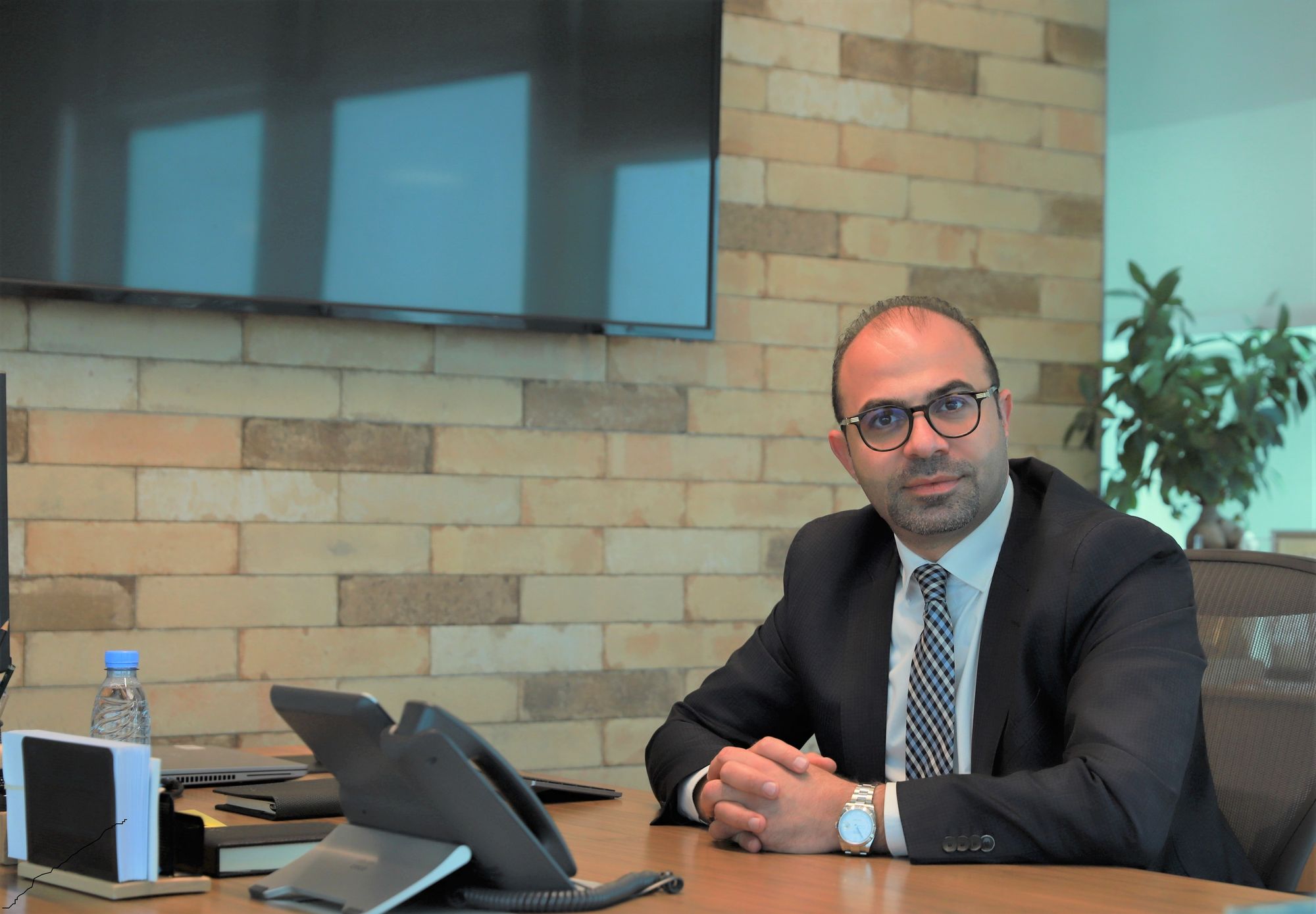
In 2022, Visa broadened its global innovation program, Visa Everywhere Initiative, into the Kingdom for the first time to support the local fintech scene. “Looking towards 2023, Visa will be opening a state-of-the art Innovation Center in Riyadh, Saudi Arabia, which we envision to become the kingdom’s transformation hub for next-generation payment solutions and experiences,” Bailoun added. Visa has also expanded its She’s Next flagship initiative to the Kingdom, which is aimed at economically empowering local women entrepreneurs.
“Saudi Arabia has been implementing a wide-ranging set of socio-economic reforms, demonstrating to the world how disruptive innovation can be a powerful catalyst for change,” Dr. Saeeda Jaffar, Visa’s Senior Vice President and Group Country Manager for GCC, said. “By embracing digital transformation, building an entrepreneurial ecosystem that fosters both new business startups and high-growth firms, and promoting a more inclusive financial sector, Saudi Arabia has been at the forefront of leveraging the power of innovation for economic growth and prosperity. Couple that with the Kingdom’s young and tech savvy population, and we have ourselves one of the most exciting regions in the world for payments”.
With two-thirds of its population under the age of 35, Saudi Arabia holds the opportunity for technology to embed itself in the nation’s progress, and make great strides towards becoming the next Silicon Valley. Among the most connected populations in the world, Saudi’s internet penetration rate stood at nearly 98% at the start of 2022.
In the meantime, the Kingdom is also planning to build several mega smart cities that will bring the world’s most disruptive pilot technologies to Saudi, making it an early adopter and a global innovation hub where businesses and entrepreneurs come together to research, incubate, and commercialize groundbreaking ideas.
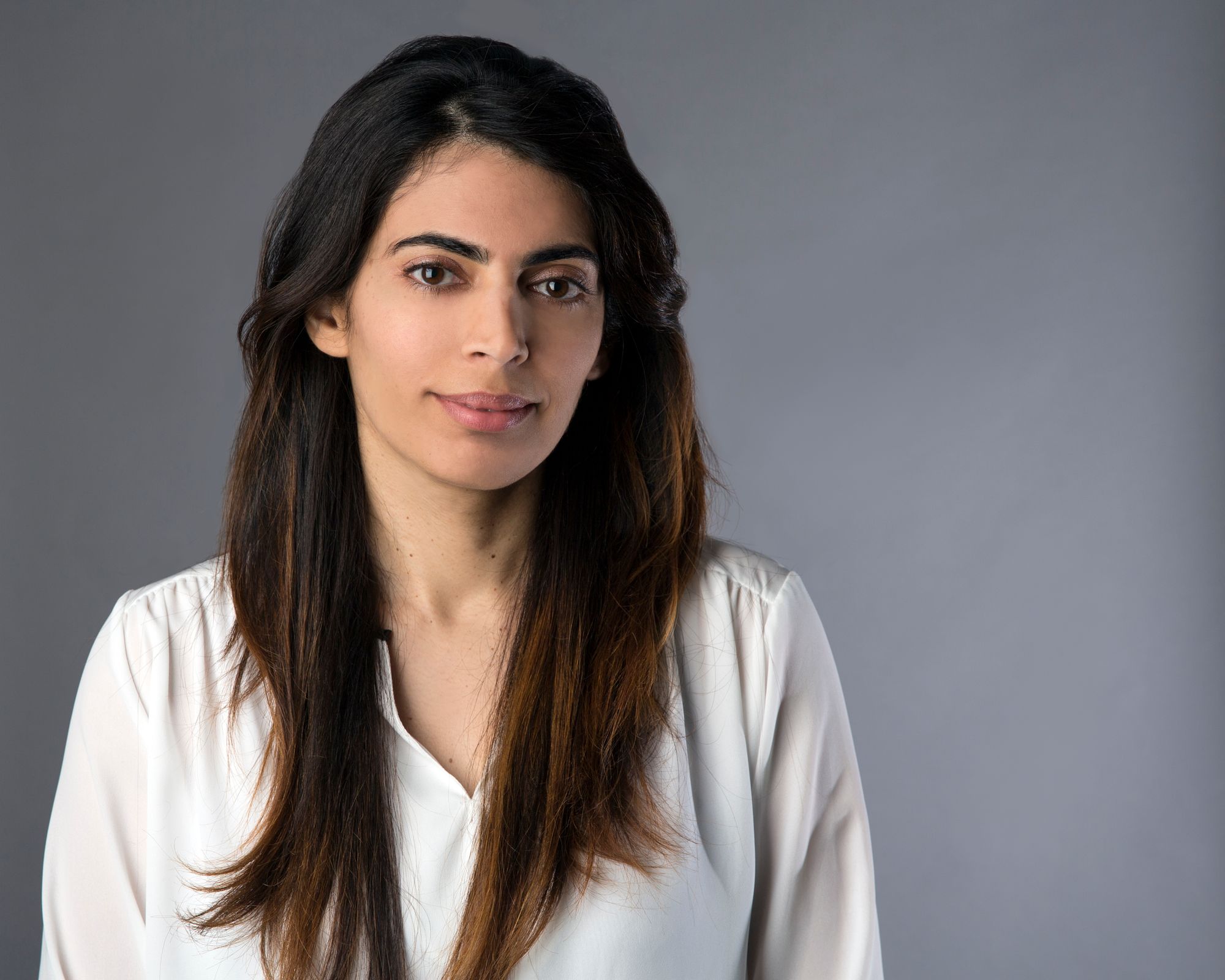
Billed as an accelerator of human progress, NEOM, a $500 billion futuristic giga project located on the Red Sea coast, aims to become a “living laboratory” and a new model for sustainable urban life when completed in 2030.
The Line, the flagship undertaking at NEOM, a 105-mile-long belt of hyperconnected communities, will be designed to address some of the most pressing challenges society faces today: sustainability, connectedness and a need to rethink humanity’s relationship with nature and technology. One of Vision 2030’s core ideas, The Line aims to contribute $48 billion to the Saudi GDP while also creatinge 380,000 future-ready jobs by the end of the decade. Other giga-projects in the kingdom, including the Qiddiya Entertainment City, the Red Sea and Amaala projects, Al Ula, Ad Diriyah, and King Salman Park are also being designed as smart destinations.
“Many see those mega projects as a huge real estate or tourism development, but if you look a little bit deeper, what they are doing is much more than real estate or touristic destination development,” said Hattan Ahmed, Head of Entrepreneurship at Saudi’s King Abdullah University of Science and Technology (KAUST). “They are developing a new type of construction to create fully sustained systems that are environmentally conscious. One of the key factors that brought us into today’s global warming situation is the industrial revolution, which was developed in a very linear way over the past 150 years, based on traditional and conventional energy sources that are very harmful for the environment. Now, the world is at a tipping or breaking point to rectify the situation, and this is what Saudi is doing as a country by attracting the best minds and technologies, and the most progressive ideas.”
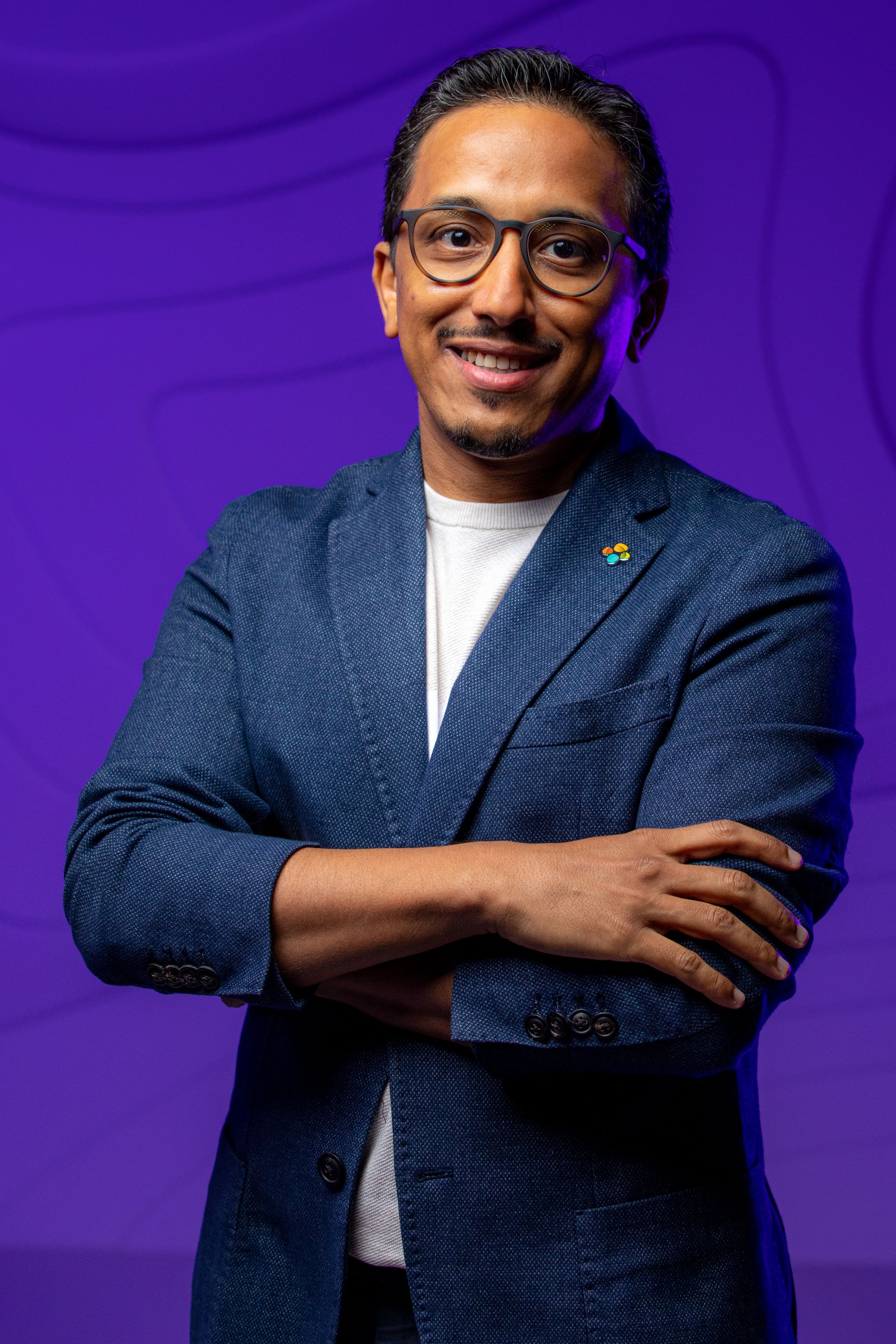
The desert state is pushing the envelope of mega developments to be sustainable on multiple fronts, Ahmed added. “To operate a city of that scale like NEOM using clean energy is provocative for a lot of players, especially conventional energy generators,” he said. “Saudi is really being well positioned by leaders as a neutral ground for emerging opportunities that is supported by great financial stability, government support, and financial growth -seen in the recent announcement of its fiscal financial year, and recent visits from US President Jo Biden and Chinese President Xi Jinping- attracting global investors to the region as a neutral ground to capture emerging opportunities.”
The roadmap of opportunities for technological advancement strategically overlaps with KAUST’s research pillars, which include focus on digital, energy, sustainability, health and wellness, biotechnology, and computational bioscience technologies. “We are working as a backbone for such [mega development] initiatives and technology advancement,” Ahmed said. “We are very keen to be the deep tech heart of the country, where we have significant infrastructure in terms of lab capabilities, an amazing talent pool in terms of a research power house, and amazing minds in terms of the capabilities. We have amazing talent in the country and at KAUST, and that’s one of the key drivers. The talent pool in the country is eager to deliver, learn, and contribute to making the future. We really aspire to be a great advantage, in order for the country to be a hub for technology creation not just on a local or regional level but on a global scale.”
However, Ahmed said that, in his view, Saudi Arabia isn’t trying to mimic Silicon Valley. “The stuff that’s happened in Boston and Bay Area is very great, and it has been developing over the past 70 years,” he said. “Some people say sometimes that we are trying to imitate or copy what’s happening in those areas. In our perspective, we don’t really want to imitate or copy, because it’s been developed and evolved over a very long period of time. The way I see it is that we play to our strengths to contribute to global challenges [by being] a part of the change, [and then] export [our] solutions and technology. We are a testbed for technologies within the country at different stages, and then, we aim to take the lead on those technologies. It’s a global rat race to discover the unknown, and develop this new model of real estate and industrial development. We aspire that we develop our own journey and own strengths, because there’s still a lot to discover.”
In 2021, KAUST launched Entrepreneurship Adventures, an open online course in Arabic to cultivate innovative mindsets not just for aspiring entrepreneurs, but also to drive public and private sector employees to solve problems using an entrepreneurial approach. “Our target was to hit 10,000 subscribers in first year, but we had more than 100,000 learners from 78 countries,” Ahmed pointed out.
Vision 2030 deeply recognizes the significance of innovation and entrepreneurship as an economic force, and startup development is one of its top priorities, with a mandate to increase small and medium enterprise (SME) GDP contributions from 20% to 35% by 2030.
The Kingdom has made significant strides to improve the conditions for entrepreneurs to thrive. A 2022 study by Saudi Technology Venture (STV) Capital said more than 45 unicorns -startups valued at a minimum of $1 billion- are expected to emerge from the MENA region by 2030, led by Saudi Arabia. STV’s report also said that along with Vision 2030 prioritizing entrepreneurship and SMEs, a combination of strong demand for tech products, successful Saudi-made tech solutions, as well as an increased presence of incubators, ease of starting a business, and venture capital have all contributed to the flourishing of the local ecosystem.
According to the 2021 Global Startup Ecosystem Report, Riyadh’s startup ecosystem alone is well on its way to being a tech startup powerhouse, joining the top five ecosystems in the MENA region with a value of $1 billion.
Some of Silicon Valley’s top venture capital firms have already established offices in Riyadh and other major cities in the country, including investment firm Plug and Play Tech Center, one of the early investors in PayPal and Google, and Tim Draper’s global network of venture capital funds whose investments include Baidu, Skype, Hotmail, Tesla and SpaceX.
Meanwhile, according to MAGNiTT’s annual Emerging Venture Markets Report on 2022, Saudi Arabia was the only country in the MENA region to see an increase in startup funding in the year. While most geographies saw a decline in funding year-on-year, Saudi’s 72% increase to $1 billion exceeded its aggregated funding for the last four years.
“[We are seeing] not only startups from around the globe come to Saudi to seek funding, but also founders and Saudi entrepreneurs growing out of Saudi ecosystem,” said Dr. Abdulrahman AlOlayan, CEO of Dammam Valley, a semi-government investment company, solely owned by the Imam Abdulrahman bin Faisal University, which strives to be a source and destination for biotechnology innovation and healthcare in the Middle East. “There are a number of unicorns,” Dr. AlOlayan said. “And even for emerging tech like blockchain, IoT, and AI, there are number of use cases and real examples happening locally. I think a lot of people around the globe are realizing the changes happing in Saudi and in the region. Events like the World Cup and LEAP are helping to introduce a new Saudi to the world. I think within the next five-to-10 years, Saudi will become a major global tech hub for startups, founders, and innovators.”
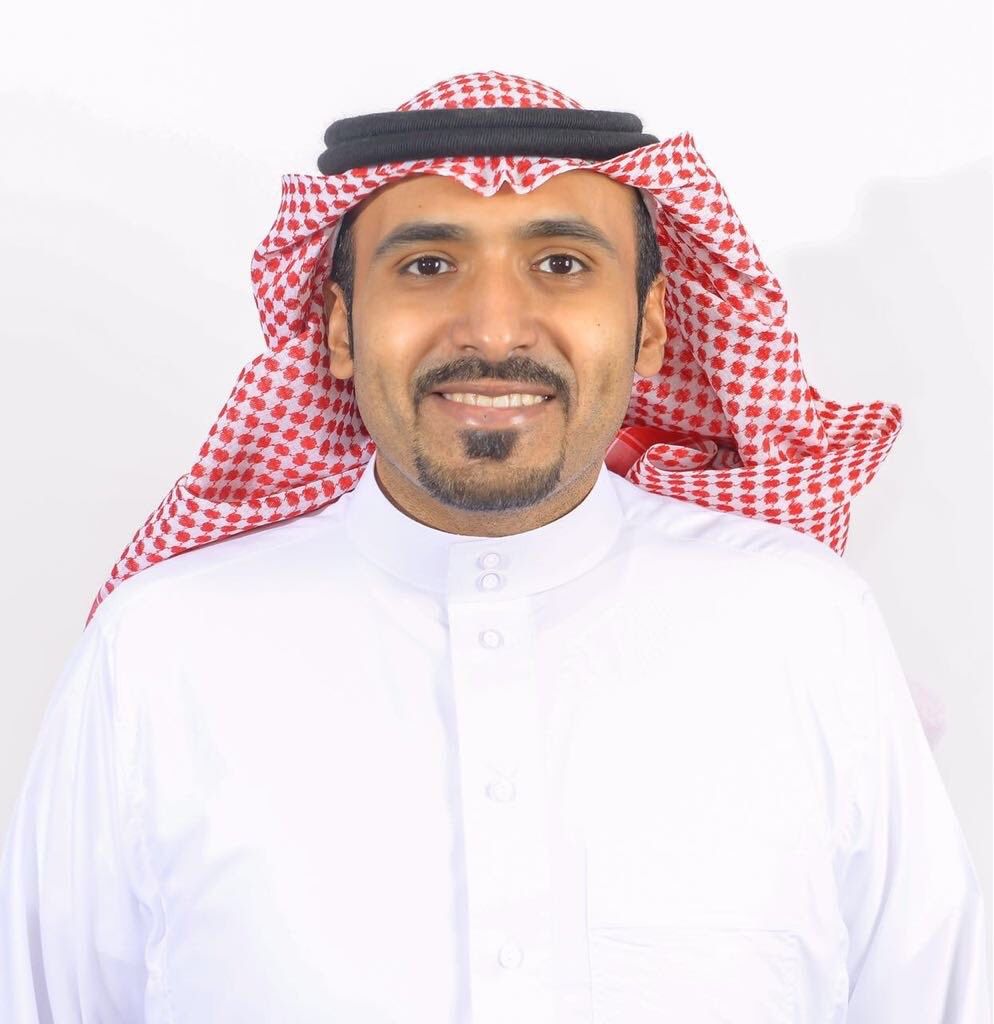
Dr. AlOlayan said Dammam Valley’s biotech startups program launched in 2022 received more than 130 startups from 15 different countries. “[They are] looking to Saudi as a strong young market with unique advantages,” he said. “Bringing top minds and resources to this industry will help the ecosystem to fill gaps."
With everything that’s happening in Saudi Arabia now, Badr Ward, CEO of Lamsa, the developer of the region’s leading edutainment app for children, said those thinking that the country is a closed and conservative society with limited opportunities for business and innovation are going to find themselves sorely mistaken.
“Overall, it is important to recognize that Saudi Arabia is a dynamic and rapidly evolving country that is open to business and innovation, and that is actively working to create a supportive and welcoming environment for foreign investors and companies,” he said. “In recent years the country has made significant efforts to open up and modernize its economy and society. Saudi Arabia has made a number of reforms to its business environment to make it more attractive. This includes things like simplifying the process for starting a business, providing tax breaks and other incentives to companies that invest in the country, and establishing special economic zones designed to attract foreign investment.”
The country has also been investing heavily in education and training programs to develop a skilled and educated workforce that is well-suited to supporting the growth of the tech sector, Ward added.
STV’s report also highlighted that Saudi’s economic power and market size also allows startups to scale exponentially. Lamsa, which launched back in 2012 in Saudi Arabia, counts the Kingdom as its biggest market, accounting for 40% of all downloads.
“Saudi has a population of over 32 million people, and is strategically located at the crossroads of Europe, Asia, and Africa,” Ward said. “This makes it an attractive destination for tech companies looking to access a large and diverse market.”
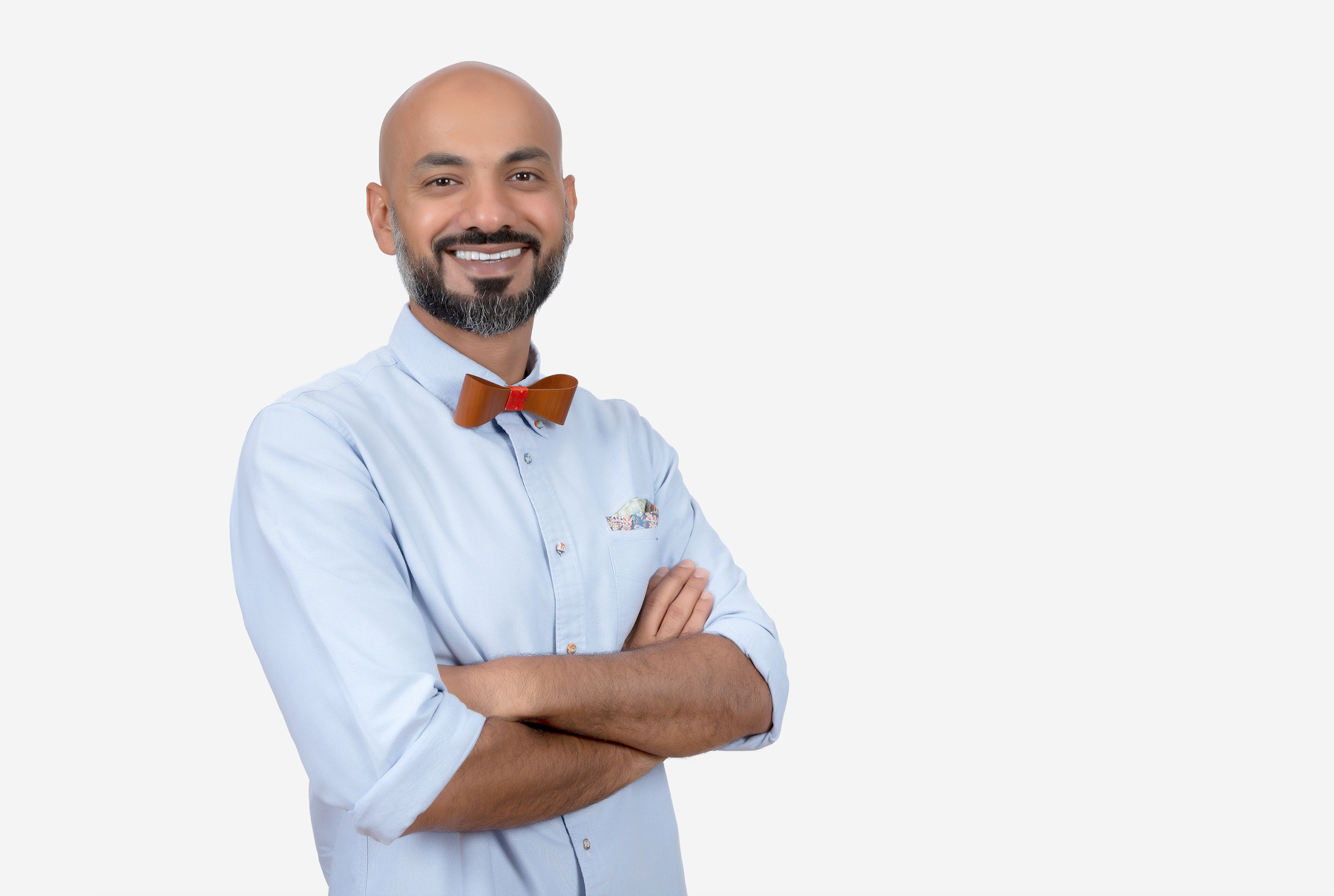
An oil wealth surplus, modern infrastructure, access to global markets, a heavy focus on research and innovation, and a vibrant entrepreneurship ecosystem- Saudi Arabia looks to have created the ideal climate for new technologies and ideas to flourish, just like Silicon Valley did some decades ago.
As Petromin’s Jan put it, “For many people, the country conjures up images of desert sands, camels, and oil fields. We may have been shrouded in mystery for many years, but our strategic position is quickly becoming known around the world.”
The next Silicon Valley could very well be on Saudi soil.
Discover the most outstanding articles.اكتشف أبرز المقالات.

Harnessing the power of digital twins to reimagine cities across the KSA and beyond. According to PwC’s 2022 report,

How Riyadh-based The Garage is contributing to a flourishing startup culture in Saudi Arabia In the heart of Riyadh, nestled

Saudi astronauts Rayyanah Barnawi and Ali Alqarni make history in giant leap for the kingdom. From earthbound dreamers to cosmic